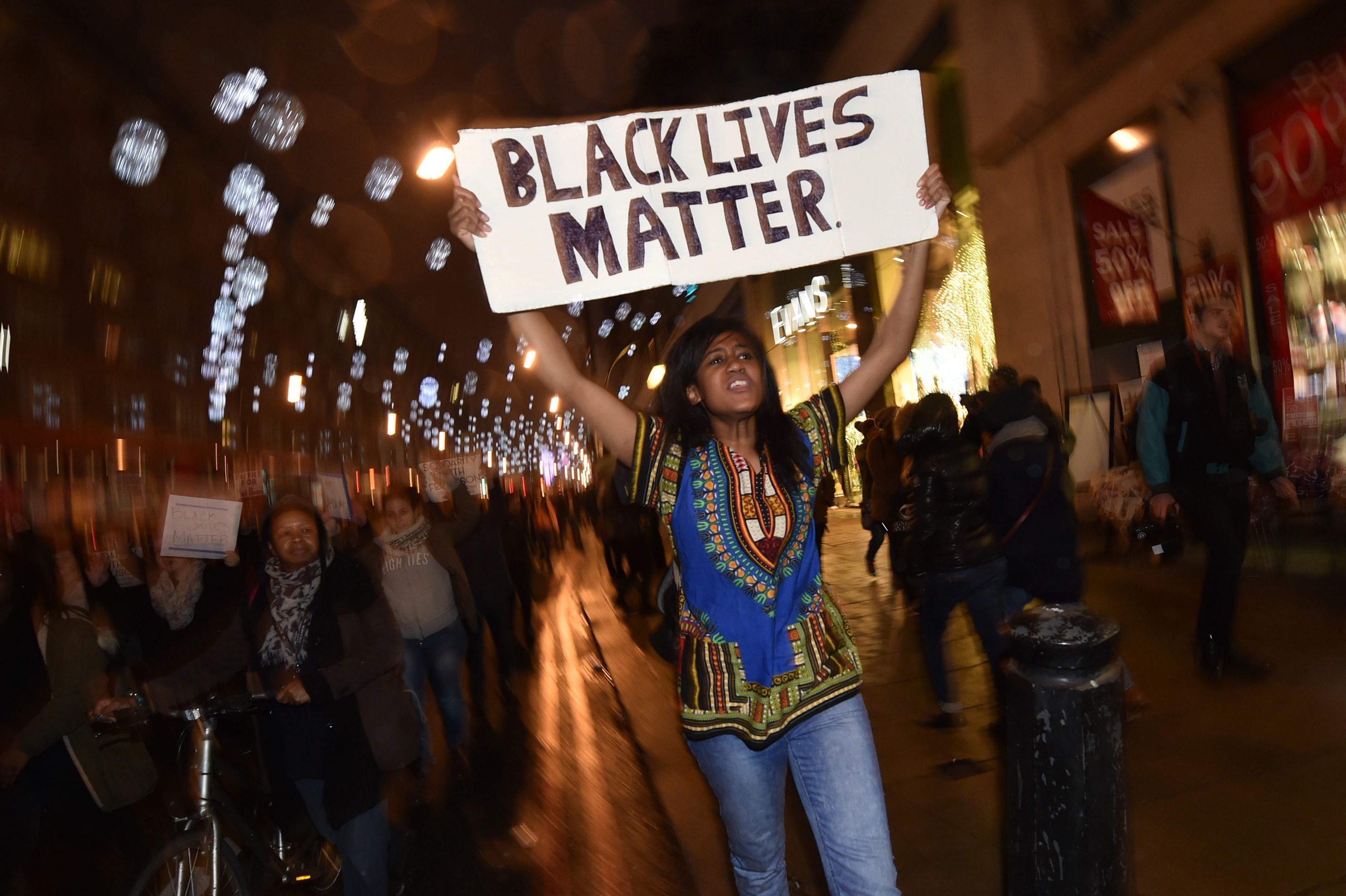
It was in 1965 – five years before I was even born – that Harold Wilson’s Labour government passed the Race Relations Act. This radical and ground-breaking measure – proof if it were needed of the difference Labour makes in government – sought to tackle the scourge of racism at a time when “no blacks, no dogs, no Irish” signs were commonplace.
Labour governments ever since have continued the fight against racism and inequality. But whilst great progress has been made, a report released by EHRC yesterday shows there is a long way still to go. Stubborn and deep-rooted inequalities still scar our country.
The figures are stark. Over the last five years, whilst unemployment has gone down overall, it has doubled among young ethnic minority people. People from ethnic minorities are twice as likely to live in poverty. Black people are much more likely to be the victims of crime, and they are treated more harshly at every step of the criminal justice system.
The report from EHRC calls on the government to produce a comprehensive race strategy to help address the growing inequality. But this Tory government does not appear to be taking race inequality seriously and has not done enough to tackle this entrenched inequality.
The new Prime Minister talks a good game. On the steps of Downing Street she talked about “fighting against burning injustice” and she acknowledged discrimination in the justice system. Yet this was the very same person who as Home Secretary sent offensive and divisive anti-immigrant vans in to some of our most diverse communities, screaming “go home or face arrest”.
As leader of the Labour Party, I would introduce a wide-ranging strategy to tackle inequalities in health, in employment, in the criminal justice system, and beyond. Tomorrow, I will be holding a round-table with a diverse group of BAME campaigners and activists. We will reflect on the EHRC report, and look at how we can address persistent racial inequalities. We will discuss the hugely worrying rise in racism and hate crime following the vote for Brexit. And we will look at how we can deliver greater representation across our party.
Labour has always been the party of diversity and equality; at the forefront of the fight for greater representation. But in truth, progress has been too slow. There are 41 ethnic minority MPs, with the majority being Labour. But if Parliament truly reflected the country, there would be twice as many. As the EHRC report shows, just 4 per cent of local councillors in England are from ethnic minority backgrounds. We need to up our game.
As a Labour Party, we can and we must do better. We need to ensure that the diversity of our communities is fully reflected both in Parliament, and in town halls up and down the country. This means more councillors and more MPs from BAME communities, as well as more women and more working class people too. And this means looking not just at how we select candidates, but how we identify, encourage and support talented members and activists to progress.
As a country, we are more divided and more unequal than we have been for generations. It is the historic duty of the Labour Party to tackle inequality and prejudice. But in truth we too are deeply divided, unable to hold this right-wing Tory government to account. The title of the EHRC report – healing a divided Britain – is exactly why I’m standing to be leader of the Labour Party. I believe I am the person who can unite our party. And together, we can heal our divided country.






